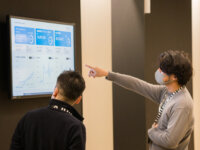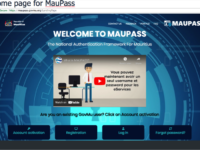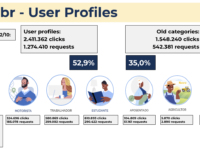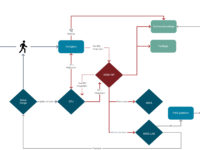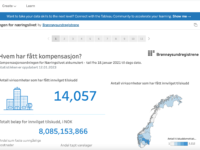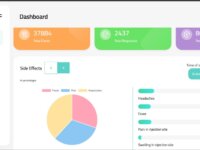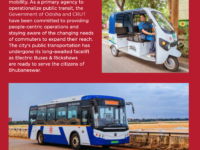The Digital Agency spearheaded the Policy Data Dashboard Project with an agile approach to visualize policy progress and propogate a culture centered on data. The project aims to effectively integrate data into policymaking by first creating an intuitive dashboard interface. To disseminate this data-centered culture, the project members are developing a design system guideline to empower civil servants in other central ministries and local administrations to create dashboards independently.
Innovation Tag: Data
Rainlevelr is a joint approach to reduce the risk of flooding. By utilizing the water basins of horticultural companies, the Delfland horticultural area can absorb heavier downpours, thus preventing flooding for both the businesses and the surrounding area. In Rainlevelr, regional authorities, ‘Glastuinbouw Nederland’ and horticultural companies collaborate closely. The uniqueness of this innovation lies in the collaboration among various stakeholders involved in the use of water buffers…
Case Study
Uchi Creativo, revaluing cultural identity in the indigenous and peasant communities of Amazonas –…
The progressive loss of cultural identity in the indigenous and peasant communities of the Amazon region (Urakusa, Shushug, Pakuy and Leymebamba - 6500 inhabitants), led the population to ask the State to support the formulation and implementation of an action plan, including the direct participation of indigenous youths. A total of 123 children participated in the creation of copyright protected literary and artistic works to revitalise cultural heritage, and over 1,115 Awajún indigenous…
MauPass has been developed for citizens and businesses to transact easily and securely with Government online. It is a single window of authentication service to provide a layered approach towards e-Authentication implementation for all government and other e-services. This initiative follows an urgent need for better identity and access management for a trusted ecosystem.
Brazil’s gov.br website offers almost 5.000 public services and has more than 200 million monthly page views on average. With so many service options, it’s paramount to make them easily available. Under that mindset, the Ministry of Economy developed two important improvements to its usability: the first is the use of AI to recommend services based on the citizen's browsing history. The second was creating User profiles as a way of finding services based on the citizens’ journeys.
To help citizens, health professionals and authorities to handle the Covid-19 pandemic, TISK IKT, a set of interconnected digital solutions, was set up by the Norwegian Directorate of Health. Through exchanging health data, it set a national record in cooperation between 9 government agencies and the medical association to innovate new digital solutions at extremely high speed.
The digital compensation scheme was created to support Norwegian businesses to endure the financial consequences of the Covid-19 pandemic. The scheme designed was quick, efficient, and can be relaunched when needed. Checks are done before the disbursement, which minimizes the need for verification afterwards and also prevents misconduct. Applications are approved by an auditor, and then automatically processed and checked against information from a variety of sources and registers. Information…
The Government of Ekiti State is working with the Massachusetts Institute of Technology Governance Lab (MIT/GOVLAB) and has developed a community-based reporting system called “E-Surv”. E-Surv enables the participation of community members in public health surveillance by reporting public health events/emergencies, to activate a time-efficient government-led responses. This E-Surv which has been piloted in the State will create an early warning system for disease surveillance and laboratory…
To create a sustainable and inclusive public transport ecosystem, Capital Region Urban Transport (CRUT) has redefined public transit through its user-centric services. CRUT’s Mo E-Ride (E-Rickshaw) service provides feeder services for its primary Mo Bus (city bus) routes, forging ways for integrated multimodal mobility solutions. CRUT has also consciously invested in holistic policy decisions that supports social and gender inclusivity. The hallmark of its initiatives lies in its integration…
The Women in Rural Brazil website offers gender-strategic information to subsidize innovation projects and development initiatives whose goal is to improve the quality of life of women living in rural areas of Brazil. Approximately one million women manage agricultural enterprises and 4,5 million work in the agricultural and livestock sector. Although these women constitute a large demographic group, there is still very little research, development and innovation projects which target their…

